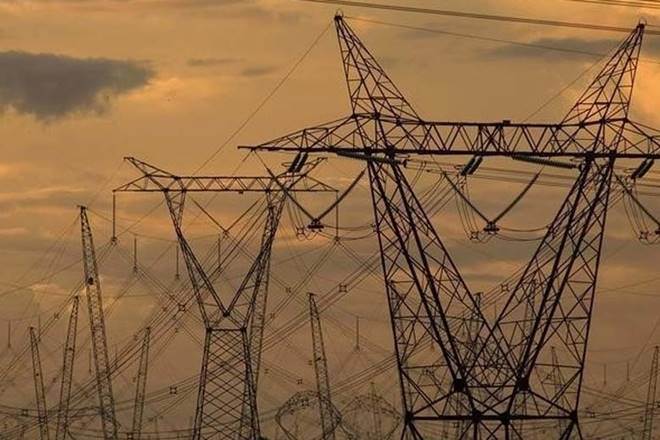The government has proposed major reforms such as provisions for distribution franchise, removal of regulatory assets, strengthening payment security mechanisms and the incorporation of a separate renewable energy policy, as it seeks to amend the Electricity Act, 2003.
An earlier draft version of the amendments to the Act was floated by the Union power ministry in 2018, but the recommendations in the previous version could not be incorporated.
“It has been felt that the few provisions of the Act are unable to cope with the rapid development of the electricity,” the government said. The amendments have been framed in light of the “few critical issues which have weakened the commercial and investment activities in the electricity sector that needs to be addressed immediately to ensure sustainable growth of the country”.
Interestingly, the major reforms proposed in the previous version—such as separation of ‘carriage and content’, penalty for power cuts, setting up of a national power committee and raising penalties for power theft—are not present in the latest amendment proposal released on Friday. Stakeholders have been asked to send their feedback on the proposal within three weeks.
The new proposal intends to include enabling provisions to allow discoms distribute power for a specific region within its supply area through another entity. This is in line with the government’s plan to increase competition in electricity distribution by allowing multiple private franchisees in each area, while state-run utilities continue to own the network.
Aiming to improve finances of the discoms, the power ministry has also proposed provision to restrict the creation of ‘regulatory assets’— a jargon for recoverable discom expenses which regulators acknowledge as pass-through costs, but are not immediately built into tariffs. Amendments have also been proposed so that tariffs reflect the cost of supply and cross-subsidies can be cut.
The ministry also wants states to determine power tariffs without any subsidy, aligning with the Union government’s principle that electricity subsidies to needy consumers should only be passed on through the direct benefit transfer mechanism.
To accommodate the increasing penetration of renewable energy, the government wants to amend the Act to notify a National Renewable Energy Policy in consultation with states. This would prescribe a minimum percentage of electricity that states should procure from renewable and hydro sources. To address payment related conflicts, the draft also proposed to establish an Electricity Contract Enforcement Authority to strengthen the regulatory framework. It also wants to empower load dispatch centre to oversee the payment security mechanism so that defaulting discoms do not get power.


